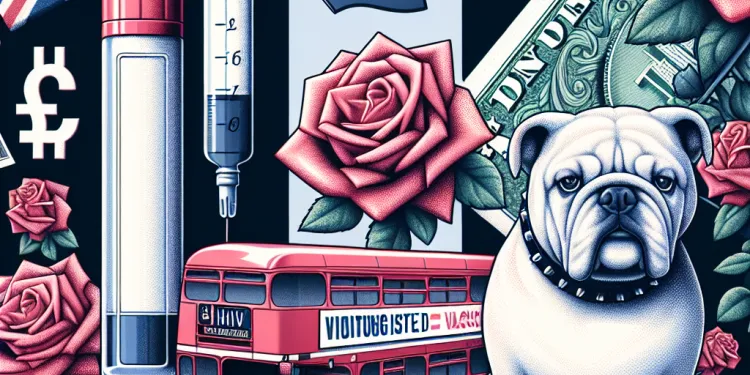
Find Help
More Items From Ergsy search
-
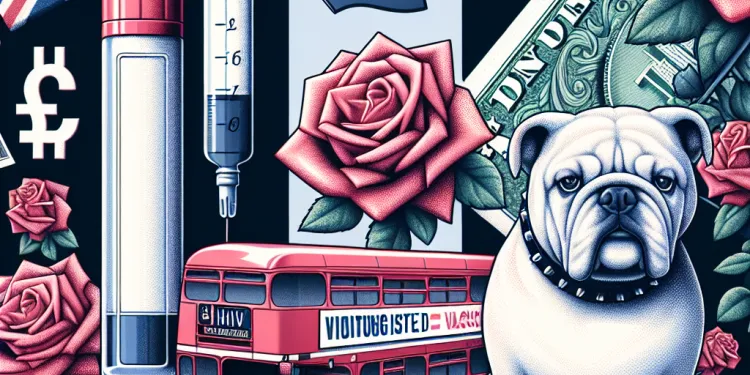
Are there vaccines available for HIV?
Relevance: 100%
-

What is HIV / AIDS?
Relevance: 65%
-
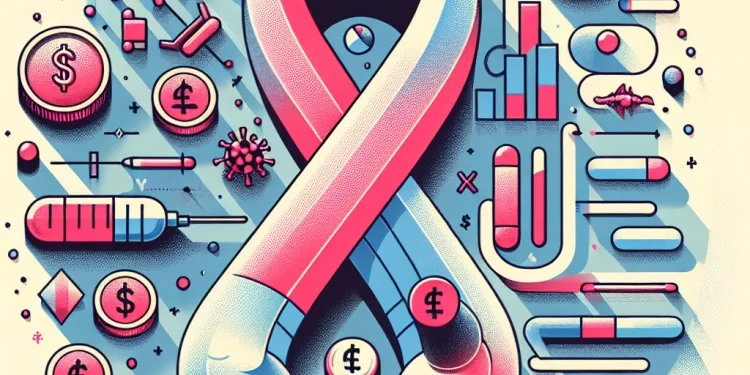
How is HIV transmitted?
Relevance: 65%
-
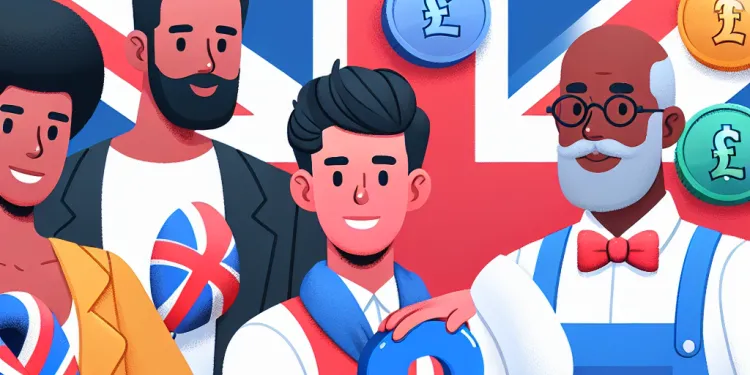
What is HIV?
Relevance: 64%
-
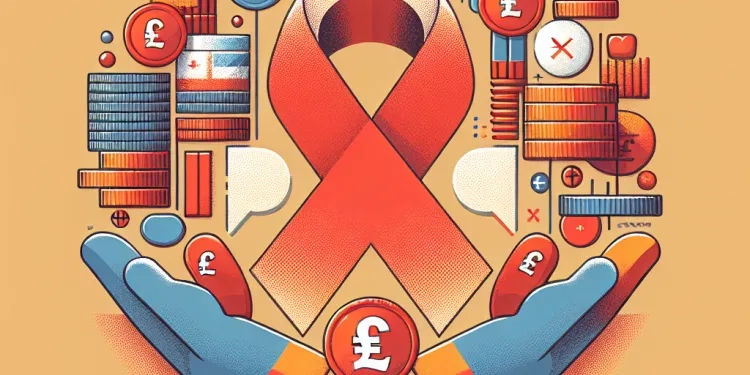
How can HIV be prevented?
Relevance: 63%
-
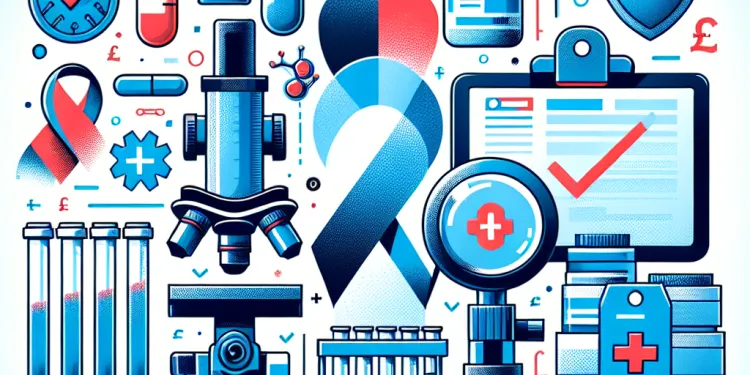
How is HIV diagnosed?
Relevance: 61%
-
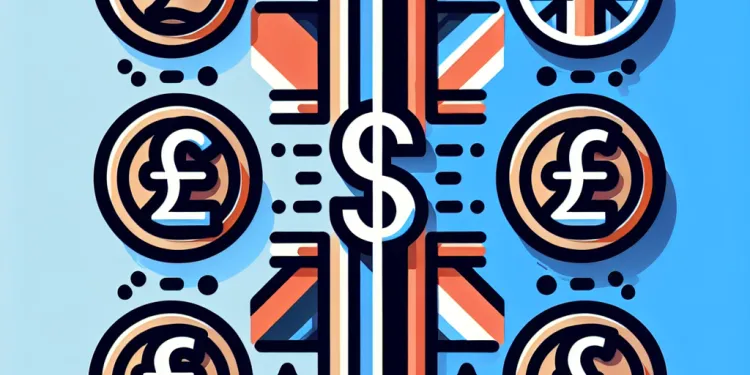
What is the difference between HIV and AIDS?
Relevance: 61%
-

HIV and pregnancy | NHS
Relevance: 61%
-
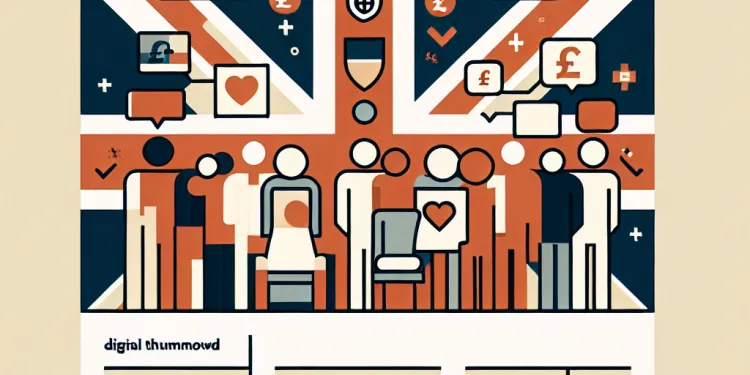
Can people with HIV lead normal lives?
Relevance: 59%
-
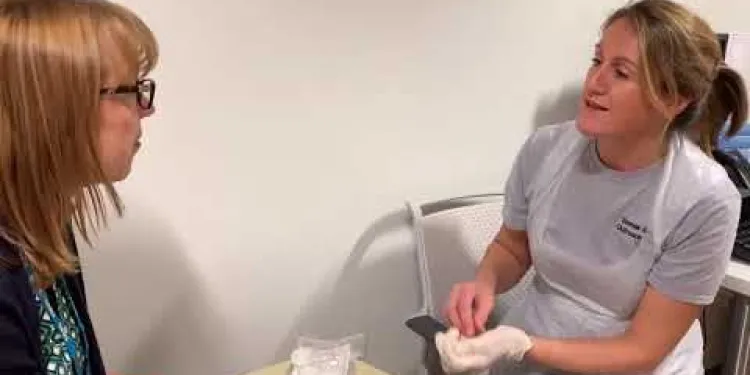
Sexual Health - HIV Testing
Relevance: 59%
-
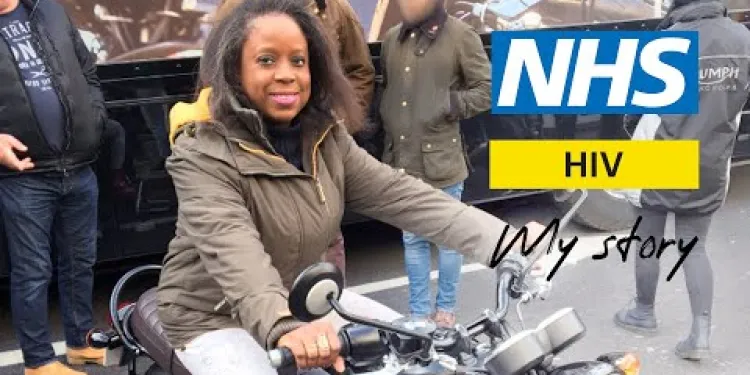
HIV - My Story - Florence | NHS
Relevance: 58%
-

What are the guidelines for meningitis vaccination for HIV-infected individuals?
Relevance: 55%
-
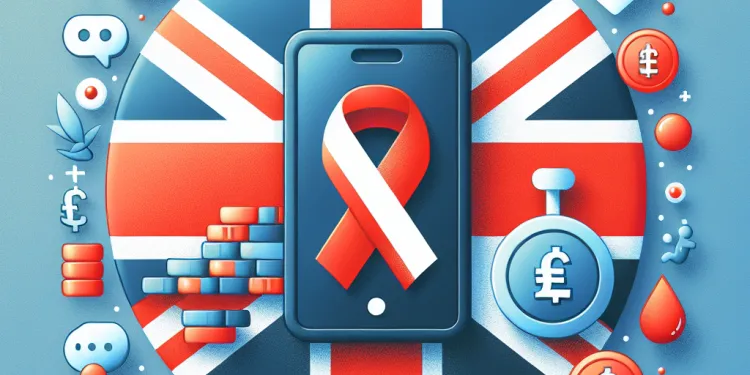
Is HIV only a concern for certain groups of people?
Relevance: 54%
-
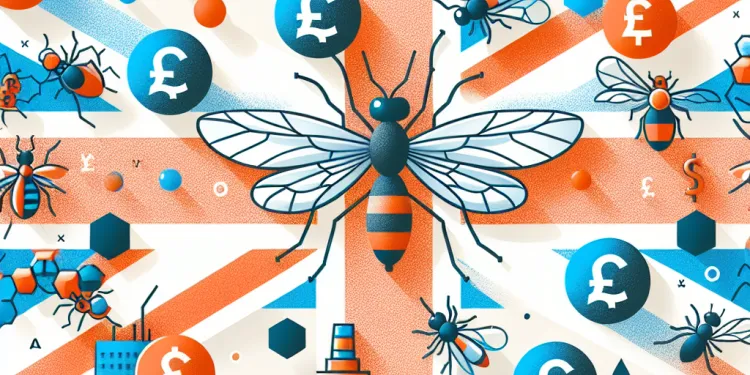
Can HIV be transmitted through insect bites?
Relevance: 54%
-
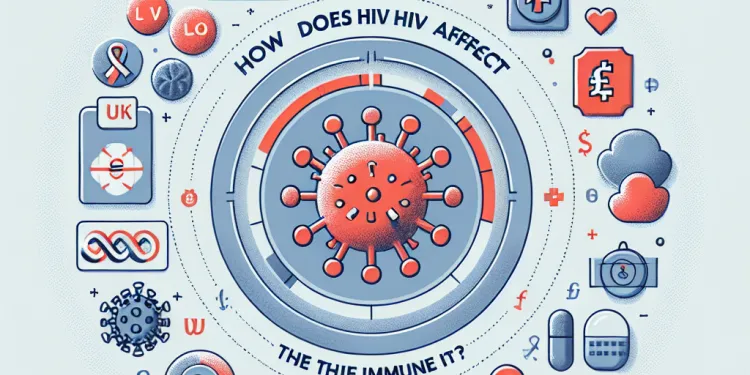
How does HIV affect the immune system?
Relevance: 54%
-
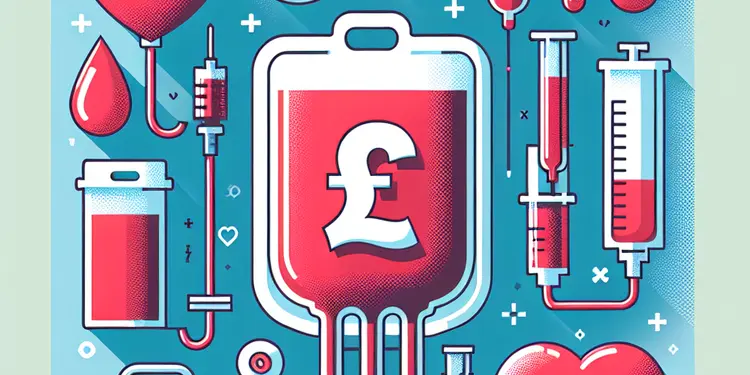
Can HIV be transmitted through blood transfusions?
Relevance: 54%
-
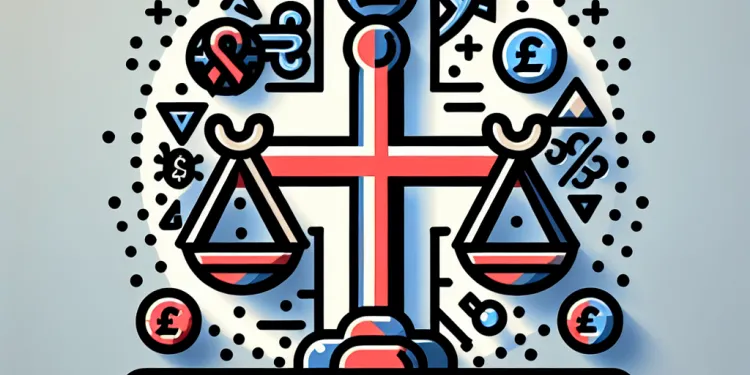
What role does stigma play in the HIV epidemic?
Relevance: 52%
-
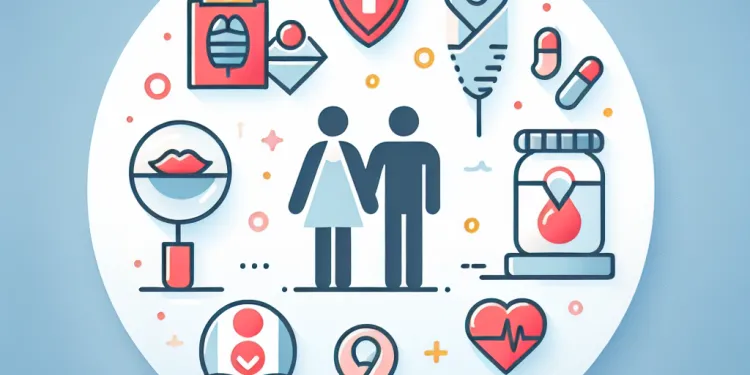
Is it safe for a partner of someone with HIV to have children?
Relevance: 52%
-
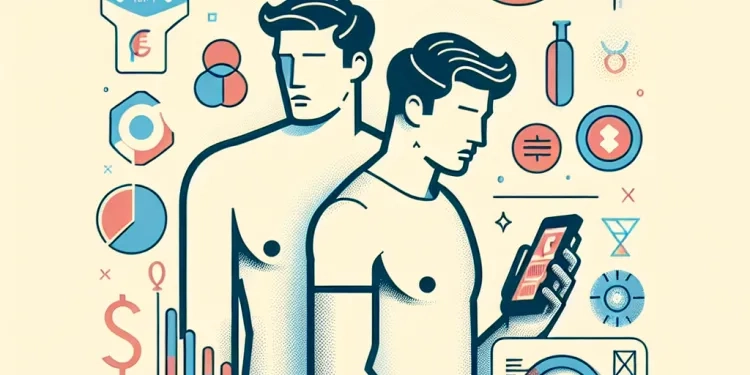
How often should someone get tested for HIV?
Relevance: 51%
-
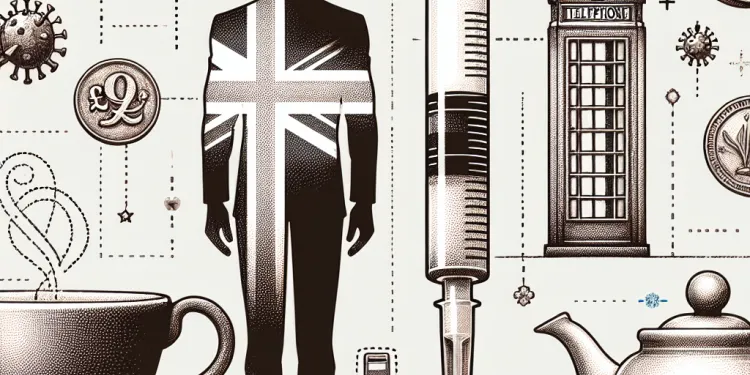
Do men need the HPV vaccine?
Relevance: 47%
-
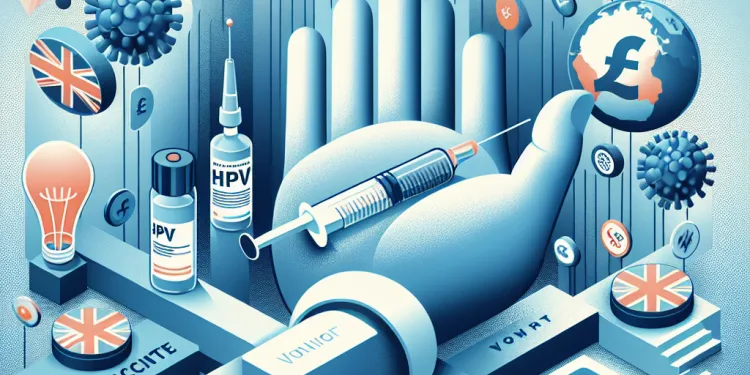
Who should get the HPV vaccine?
Relevance: 47%
-
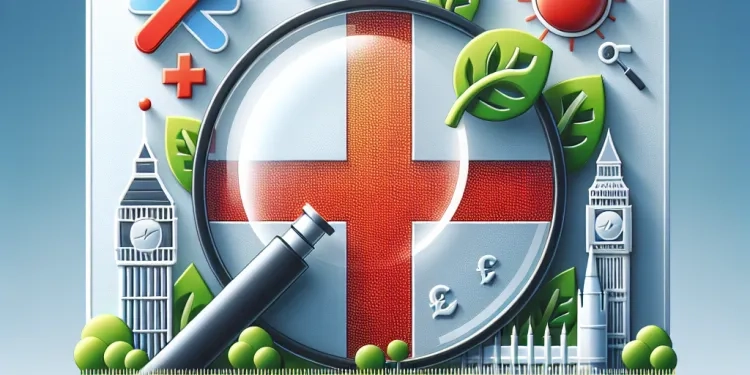
Can HIV be cured?
Relevance: 45%
-
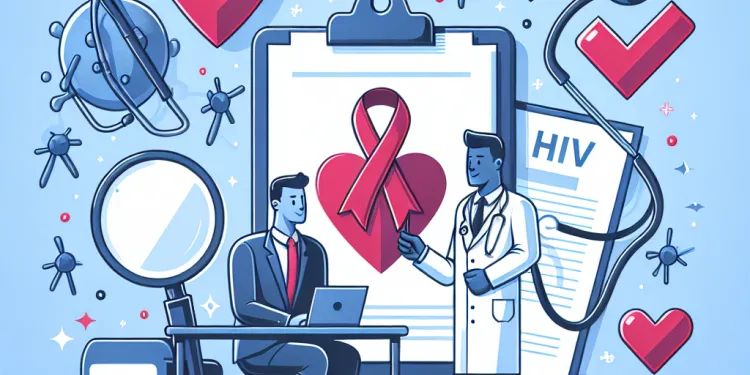
What are the symptoms of HIV?
Relevance: 45%
-
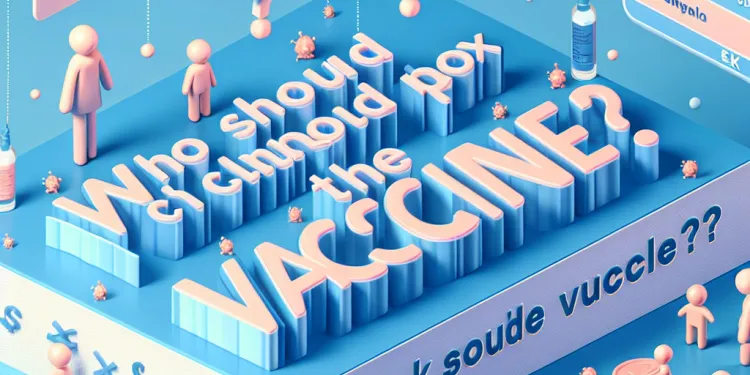
Who should get the chickenpox vaccine?
Relevance: 43%
-
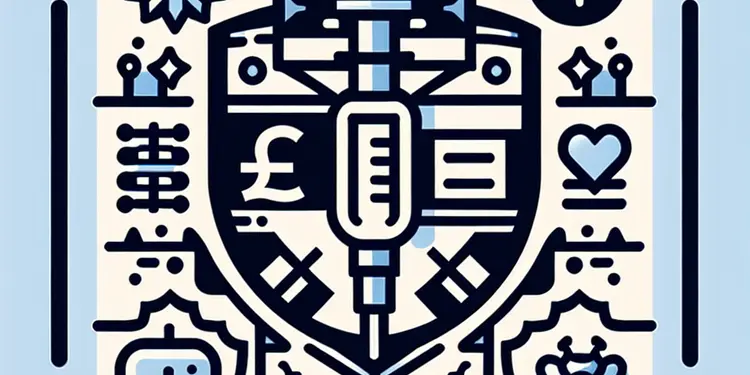
Are there vaccines for meningitis?
Relevance: 42%
-
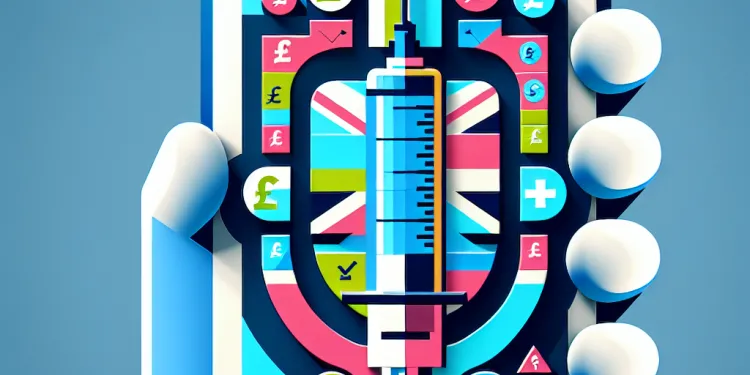
Are vaccines safe?
Relevance: 42%
-
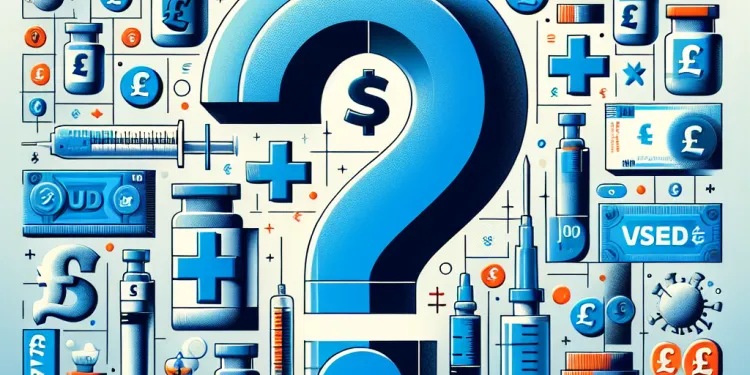
What is a vaccine?
Relevance: 41%
-
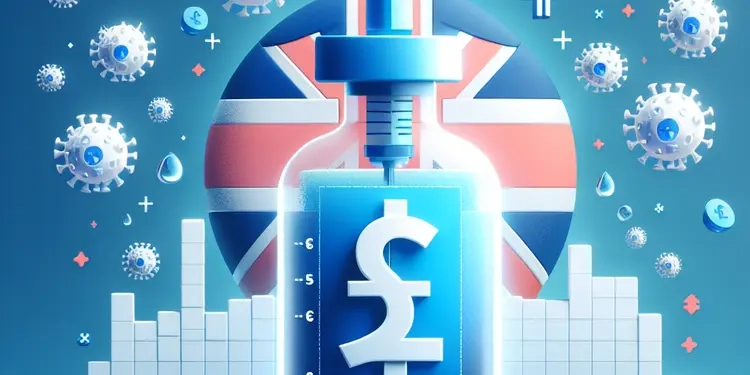
Is there a vaccine for H3N2?
Relevance: 41%
-
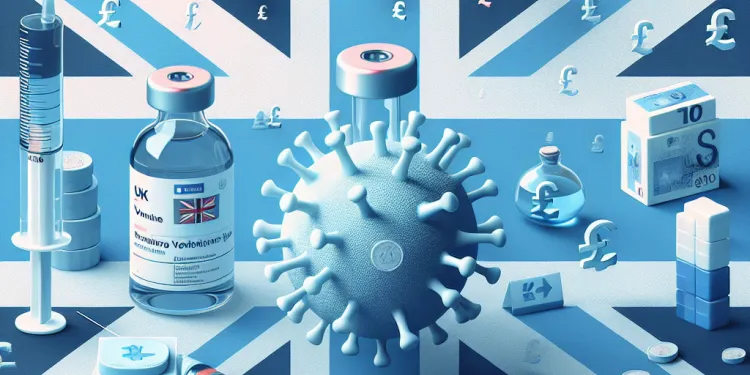
Is there a vaccine for norovirus?
Relevance: 41%
-
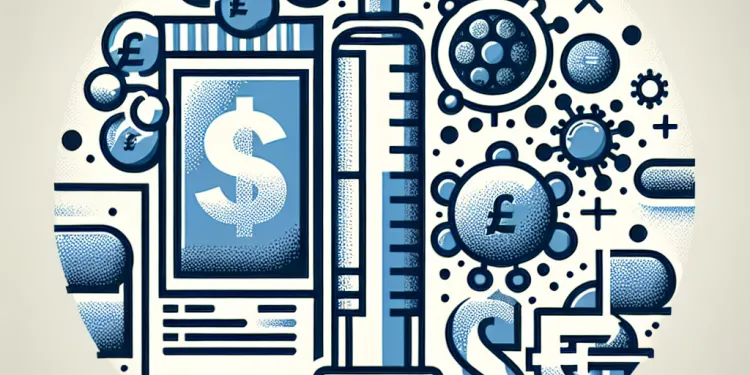
Is there a vaccine for gonorrhoea?
Relevance: 41%
-
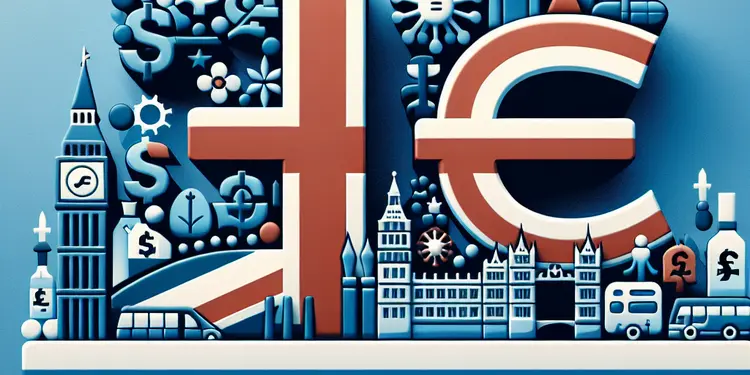
Are there any specific groups that should prioritize meningitis vaccination?
Relevance: 41%
-
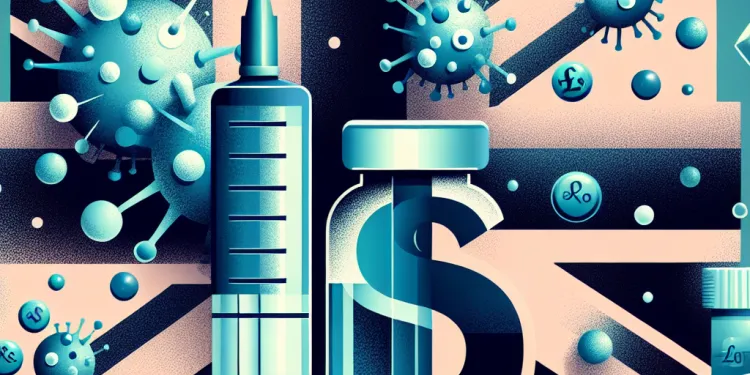
Is there a vaccine for impetigo?
Relevance: 40%
-
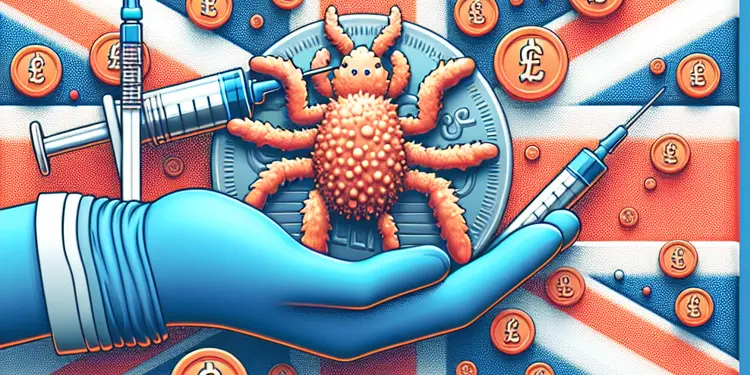
Is there a vaccine for scabies?
Relevance: 40%
-

What is a subunit vaccine?
Relevance: 39%
-
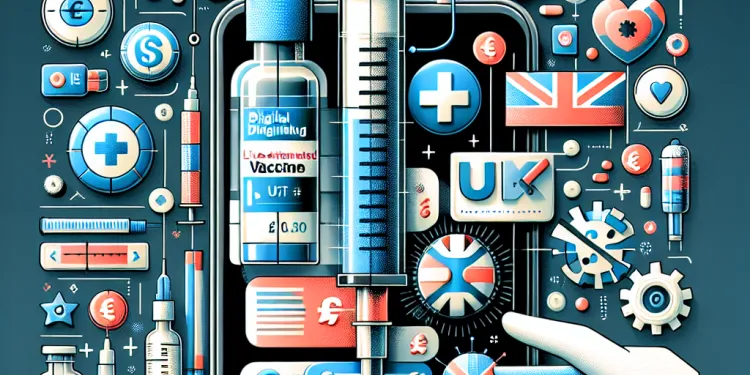
What is a live-attenuated vaccine?
Relevance: 39%
-
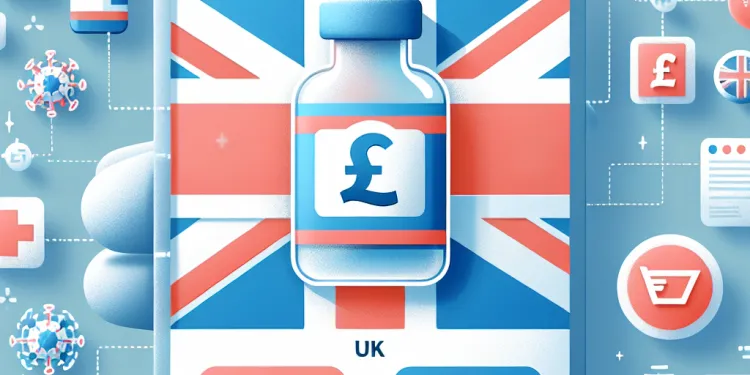
Is the shingles vaccine safe?
Relevance: 39%
-
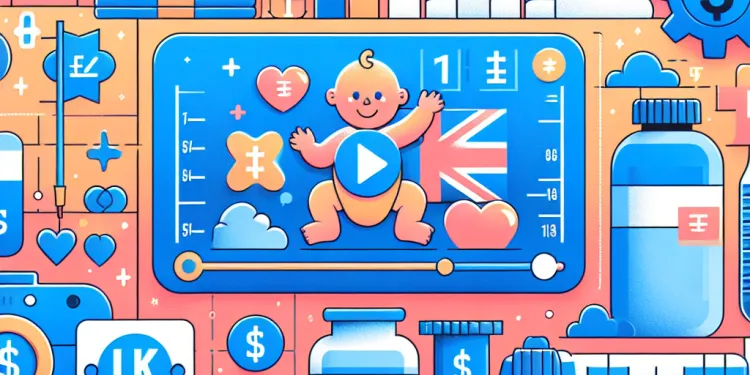
Children's Vaccination Schedule
Relevance: 39%
-
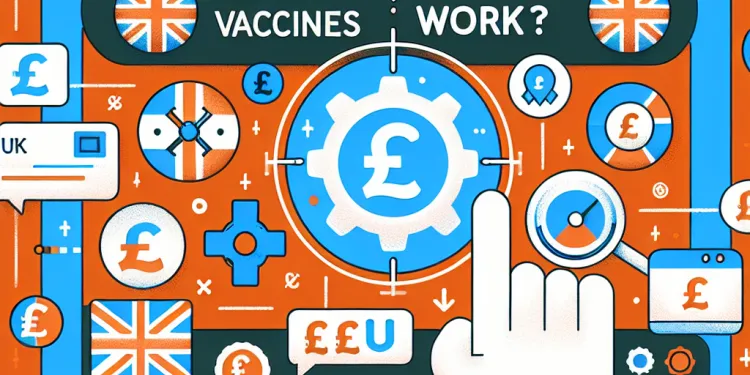
How do vaccines work?
Relevance: 39%
-
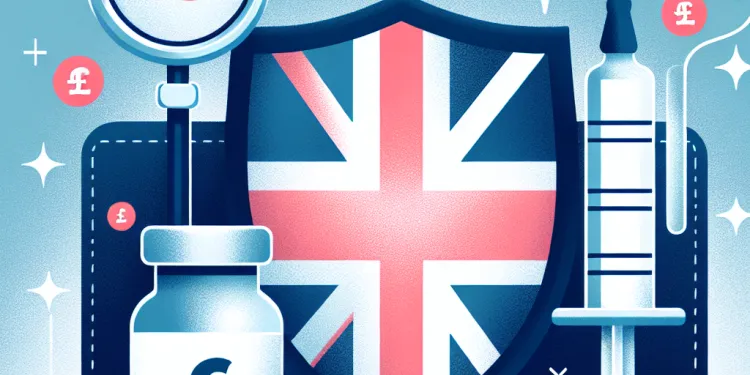
Why are vaccines important?
Relevance: 39%
-
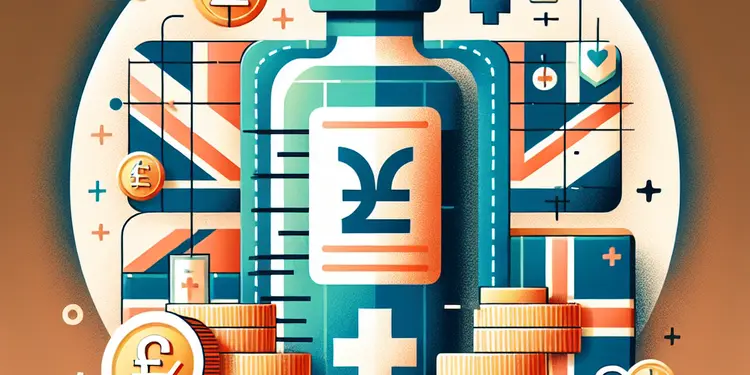
What is the MMR vaccine?
Relevance: 39%
Understanding HIV
Human Immunodeficiency Virus (HIV) is a serious global health issue that affects millions of people worldwide, including thousands in the United Kingdom. The virus attacks the body's immune system, specifically the CD4 cells (T cells), which are crucial for fighting infections. If left untreated, HIV can lead to Acquired Immunodeficiency Syndrome (AIDS). Researchers and scientists have long been working on creating a vaccine to prevent HIV, which could significantly reduce the spread of the virus and ultimately save lives.
Current Status of HIV Vaccines
As of now, there is no commercially available vaccine for HIV. However, there have been significant advancements in research and clinical trials globally, including efforts in the UK. Scientists are focusing on various approaches to develop a vaccine that can either prevent HIV infection entirely or reduce the viral load in infected individuals.
Several vaccine candidates have been tested in clinical trials, with some showing promise in providing partial protection against the virus. Most HIV vaccines under development are designed to stimulate the immune system to recognize and combat HIV before it can establish an infection. Despite these efforts, creating an effective HIV vaccine is extraordinarily challenging due to the virus's ability to mutate and its genetic variability.
Ongoing Research and Trials
In the UK and worldwide, substantial research is ongoing in the quest to develop an HIV vaccine. Institutions such as the Medical Research Council and universities are heavily involved in this research. Modern strategies include focusing on neutralizing antibodies, which are capable of targeting a broad range of HIV strains, and exploring innovative delivery methods to enhance the immune response.
Clinical trials involve different phases, starting with Phase 1 trials to test safety and immunogenic response, progressing to Phase 2 trials for extended safety and preliminary efficacy, and then potentially to Phase 3 trials to better understand the efficacy and effectiveness in a broader population.
Prophylactic Measures in the UK
While an effective HIV vaccine is not yet available, there are other preventive measures that individuals in the UK can take. Pre-exposure prophylaxis (PrEP) is a medication that, when taken correctly, greatly reduces the risk of contracting HIV. The National Health Service (NHS) offers PrEP to those at higher risk of HIV infection as part of its prevention strategy.
Additionally, education and awareness programs, safe sex practices, and regular testing are crucial components in managing and preventing HIV transmission. These measures, alongside ongoing research and development of vaccines, form the current multifaceted approach to combating HIV in the UK.
The Future of HIV Vaccines
The development of an effective HIV vaccine would represent a monumental advancement in public health. While challenges remain, the scientific community continues to work tirelessly towards this goal, with hopes that breakthroughs in research will eventually lead to a successful vaccine. Until then, existing prevention tools and awareness efforts remain critical in the fight against HIV.
Understanding HIV
HIV is a virus that can make people very sick. It hurts the body's defense system, which helps fight off germs and illnesses. If someone with HIV does not get help, it can turn into a more serious illness called AIDS. Scientists are working hard to make a medicine, called a vaccine, to stop people from getting HIV. This could help many people stay healthy.
Current Status of HIV Vaccines
There is no HIV vaccine that people can use right now. But scientists all over the world, including in the UK, are trying to make one. They want to make a vaccine to stop people from getting HIV or to help those who already have it. Some test vaccines have worked a little bit in trials, but making a vaccine is very hard. This is because HIV changes a lot and is very tricky to catch.
Ongoing Research and Trials
In the UK and other countries, scientists are studying how to make an HIV vaccine. They are trying new ideas to make the body's defense system stronger against HIV. They test new ideas by doing trials. First, they make sure it is safe. Then they check if it works well for more people.
Prophylactic Measures in the UK
Even though there isn't an HIV vaccine yet, people in the UK can still take steps to stay safe. There is a medicine called PrEP that helps stop HIV if taken correctly. The NHS gives PrEP to people who might get HIV more easily. Learning about HIV, practicing safe sex, and getting tested often can also help stop the spread of the virus. These steps are important until we have a vaccine.
The Future of HIV Vaccines
Finding a good HIV vaccine would be a big win for keeping people healthy. It is very hard, but scientists are working hard to make it happen. Until then, it's important to use other ways to stay safe from HIV and keep learning about it. These things help us keep fighting HIV.
Frequently Asked Questions
Are there vaccines available for HIV?
As of now, there is no commercially available vaccine for HIV.
What is the status of HIV vaccine development?
HIV vaccine development is ongoing, with several candidates in various stages of clinical trials.
Why is it challenging to develop an HIV vaccine?
HIV is highly variable and mutates rapidly, making it difficult to target with a vaccine.
Have any HIV vaccines shown promise in trials?
Some HIV vaccine candidates have shown promise in clinical trials but none have been approved yet.
Are there any partially effective HIV vaccines?
Some experimental vaccines have shown partial effectiveness but require further study.
What is an experimental HIV vaccine?
An experimental HIV vaccine is one that is still being tested and is not approved for general use.
How can I participate in an HIV vaccine trial?
Individuals interested in participating in trials should contact clinical research organizations or medical centers conducting the studies.
What are the goals of HIV vaccine research?
The goals include preventing HIV infection, reducing viral load in those infected, and ultimately eradicating the virus.
How does an HIV vaccine work?
An HIV vaccine would aim to educate the immune system to recognize and combat the virus before it establishes an infection.
Are any countries close to developing an HIV vaccine?
Several countries, including the US, are leading research efforts with several candidates in advanced testing phases.
What can I do to protect myself from HIV until a vaccine is available?
Using condoms, pre-exposure prophylaxis (PrEP), and regular testing are effective methods to prevent HIV infection.
Is there hope for a future HIV vaccine?
Yes, researchers are optimistic that a safe and effective HIV vaccine will eventually be developed.
Can HIV be cured if a person is vaccinated?
A vaccine would likely prevent infection, but may not cure an existing infection.
Have any HIV vaccine trials been unsuccessful?
Yes, many potential vaccines have been tested and found ineffective or insufficient in trials.
What is the RV144 trial?
The RV144 trial, conducted in Thailand, was a notable HIV vaccine trial that showed modest efficacy.
Why do we need an HIV vaccine when treatments are available?
While treatments can manage HIV, a vaccine would be a preventive measure, reducing new infections and eventually eradicating the virus.
How long might it take to have an effective HIV vaccine?
It is uncertain, but researchers continue to make progress, and it may take several more years.
Can an HIV vaccine help those already infected?
Current research focuses primarily on prevention, though some studies explore therapeutic vaccines to help those already infected.
What are broadly neutralizing antibodies?
These are antibodies that can target multiple strains of HIV, and they are a focus of vaccine research.
Is HIV vaccine research funded adequately?
HIV vaccine research receives significant funding from governments, NGOs, and private organizations globally to advance studies.
Is there a vaccine for HIV?
Right now, there is no vaccine for HIV. But people are working hard to make one.
If you have questions, ask a doctor. They can help you understand more.
Right now, there is no vaccine for HIV that you can buy.
How is the HIV vaccine being made?
Scientists are working hard to create a vaccine for HIV. They are testing different vaccine ideas to see if they work.
Why is it hard to make a vaccine for HIV?
Making a vaccine for HIV is difficult. HIV is a virus that changes a lot. This makes it hard to create a vaccine that works well. It is like trying to hit a moving target because the virus keeps changing.
Here are some tips to help understand:
- Read slowly and take breaks if needed.
- Use a dictionary to look up words you do not know.
- Ask someone to explain if you do not get it.
HIV changes a lot and changes fast. This makes it hard to make a vaccine to stop it.
Have any HIV vaccines shown promise in trials?
Scientists are working hard to make a vaccine for HIV. A vaccine helps stop people from getting sick.
Some tests, called trials, show that these vaccines might work. But we need more tests to be sure.
If you find this hard to read, you can ask someone for help or use a tool that reads text aloud.
Some vaccines that might stop HIV are looking good in tests. But none have been given the green light yet.
Are there any HIV vaccines that help a little?
Some new vaccines have worked a little bit but need more testing.
What is a test HIV vaccine?
A test HIV vaccine is a new medicine that scientists are trying out. It is used to stop people from getting HIV.
HIV is a virus that can make people very sick. The test vaccine helps the body fight the virus.
This new vaccine is not for everyone yet. Scientists need to make sure it works and is safe.
If reading is hard, you can ask someone to read with you or use tools that read text out loud.
An experimental HIV vaccine is a new medicine being tested to see if it works and is safe. It is not ready for everyone to use yet.
How can I join an HIV vaccine study?
You can join an HIV vaccine study by signing up to be a volunteer. Here is how you can do it:
- Find a clinic or health center that is doing the study.
- Talk to a doctor or nurse there. They can give you more information.
- Ask any questions you have. It is important to understand what will happen.
- If you decide to join, they will ask you to sign a form. This means you agree to take part.
If you find it hard to read forms, you can:
- Ask someone you trust to read it with you.
- Use a highlighter to mark important parts.
- Ask for information in audio or video format if that helps more.
If you want to join a trial, you should talk to places that do research or hospitals that run the tests.
What Do People Want to Achieve with HIV Vaccine Research?
We want to stop HIV from spreading to new people. We also want to lower the amount of virus in people who have HIV. The big goal is to get rid of HIV completely.
How does an HIV vaccine work?
An HIV vaccine helps protect people from getting HIV.
Here's how it works:
1. **Training the Body**: The vaccine teaches the body to fight HIV.
2. **Making Defenders**: The body makes defenders called 'antibodies'. They look for HIV and stop it.
3. **Staying Safe**: If HIV tries to enter the body, the defenders stop it. This helps keep the person healthy.
Remember: It's important to learn about health. Talking to doctors and nurses can help. Using easy videos and pictures can make learning fun and simple.
An HIV vaccine would help the body's defense system learn to find and fight the virus before it can make you sick.
Is there a country close to making a vaccine for HIV?
Lots of countries, like the US, are doing important research. They have many new ideas that are being tested right now.
How can I keep safe from HIV until there is a vaccine?
Here are some tips to stay safe from HIV:
- Use a condom every time you have sex.
- Do not share needles or syringes with anyone.
- Ask your doctor about medicines like PrEP to prevent HIV.
It helps to talk to someone you trust. They can give you support and advice.
Using condoms, taking a medicine called PrEP, and getting tested often can help stop HIV.
Can we have a vaccine for HIV in the future?
A vaccine is a medicine that helps stop people from getting sick. Scientists are working hard to make a vaccine for HIV, a virus that can make people very ill.
There are many tests to learn if a vaccine can work. This work can take a lot of time.
We hope one day there will be a vaccine to keep people safe from HIV. People can use medicine and stay healthy until then.
Using supportive tools, like reading apps or picture stories, can help people understand more about HIV and vaccines.
Yes, scientists feel hopeful that one day there will be a safe and working vaccine for HIV.
Can a vaccine cure HIV?
No, a vaccine cannot cure HIV.
HIV is a virus that makes people sick. There are medicines that can help people with HIV feel better, but there is no cure yet.
Vaccines can help stop people from getting sick, but right now, there is no vaccine that cures HIV.
If you have HIV, it is important to talk to a doctor. They can help you get the right medicine.
Using tools like illustrations or visual aids can help understand more about vaccines and HIV.
A vaccine can help stop you from getting sick. But if you are already sick, it might not make you better.
Did some HIV vaccine tests not work?
Yes, many vaccines have been tested, but some do not work well enough.
What is the RV144 trial?
The RV144 trial was a big test to find a vaccine for HIV. A vaccine is a shot that helps people stay healthy by stopping them from catching diseases.
This trial happened in Thailand. Lots of people joined to see if the vaccine works.
If you're curious and want to know more, you can use websites or ask a doctor for information.
The RV144 trial happened in Thailand. It was an important test to see if a vaccine for HIV could work. The test showed that the vaccine helped a little bit.
Why do we need an HIV vaccine when treatments are available?
People can take medicine if they have HIV.
But taking medicine every day can be hard.
A vaccine can stop people from getting HIV in the first place.
This will keep people healthy, so we need a vaccine.
Using tools like pictures or videos can help you understand more.
There are medicines to help people with HIV. But, a vaccine can stop people from getting HIV. This means fewer people will get sick, and one day, HIV could be gone forever!
How long until we have a good HIV vaccine?
It can take a long time to make a new vaccine. Scientists are working hard to find a good one for HIV. Sometimes it can take many years. It is important to keep trying until we succeed.
To understand better, you can:
- Read simple information about vaccines.
- Watch videos for kids about how vaccines work.
- Talk with someone who knows about health, like a nurse or doctor.
We are not sure yet. But scientists are working hard. It might take a few more years.
Can a Vaccine Help People Who Have HIV?
Right now, scientists are trying to find ways to stop people from getting sick. They are also looking at special vaccines to help people who are already sick get better.
What are broadly neutralizing antibodies?
Broadly neutralizing antibodies are special proteins in the body. They help fight many different germs and viruses that can make you sick. These antibodies are like little warriors that protect you from getting ill.
If you want to understand better, you can:
- Ask someone to read with you.
- Use a picture book or video about the immune system.
- Find simple stories or cartoons about how the body fights germs.
These are special proteins that can fight against different types of HIV. Scientists are working hard to use them to make a vaccine.
Do we have enough money for HIV vaccine research?
We are talking about money for research to stop HIV. Do we have enough? Scientists want to make a vaccine to stop people from getting HIV.
Lots of people and groups all around the world are giving money to help find a vaccine for HIV. This includes help from governments, charities, and private groups.
Useful Links
This website offers general information and is not a substitute for professional advice.
Always seek guidance from qualified professionals.
If you have any medical concerns or need urgent help, contact a healthcare professional or emergency services immediately.
Some of this content was generated with AI assistance. We’ve done our best to keep it accurate, helpful, and human-friendly.
- Ergsy carfully checks the information in the videos we provide here.
- Videos shown by Youtube after a video has completed, have NOT been reviewed by ERGSY.
- To view, click the arrow in centre of video.
- Most of the videos you find here will have subtitles and/or closed captions available.
- You may need to turn these on, and choose your preferred language.
- Go to the video you'd like to watch.
- If closed captions (CC) are available, settings will be visible on the bottom right of the video player.
- To turn on Captions, click settings .
- To turn off Captions, click settings again.
More Items From Ergsy search
-

Are there vaccines available for HIV?
Relevance: 100%
-

What is HIV / AIDS?
Relevance: 65%
-

How is HIV transmitted?
Relevance: 65%
-

What is HIV?
Relevance: 64%
-

How can HIV be prevented?
Relevance: 63%
-

How is HIV diagnosed?
Relevance: 61%
-

What is the difference between HIV and AIDS?
Relevance: 61%
-

HIV and pregnancy | NHS
Relevance: 61%
-

Can people with HIV lead normal lives?
Relevance: 59%
-

Sexual Health - HIV Testing
Relevance: 59%
-

HIV - My Story - Florence | NHS
Relevance: 58%
-

What are the guidelines for meningitis vaccination for HIV-infected individuals?
Relevance: 55%
-

Is HIV only a concern for certain groups of people?
Relevance: 54%
-

Can HIV be transmitted through insect bites?
Relevance: 54%
-

How does HIV affect the immune system?
Relevance: 54%
-

Can HIV be transmitted through blood transfusions?
Relevance: 54%
-

What role does stigma play in the HIV epidemic?
Relevance: 52%
-

Is it safe for a partner of someone with HIV to have children?
Relevance: 52%
-

How often should someone get tested for HIV?
Relevance: 51%
-

Do men need the HPV vaccine?
Relevance: 47%
-

Who should get the HPV vaccine?
Relevance: 47%
-

Can HIV be cured?
Relevance: 45%
-

What are the symptoms of HIV?
Relevance: 45%
-

Who should get the chickenpox vaccine?
Relevance: 43%
-

Are there vaccines for meningitis?
Relevance: 42%
-

Are vaccines safe?
Relevance: 42%
-

What is a vaccine?
Relevance: 41%
-

Is there a vaccine for H3N2?
Relevance: 41%
-

Is there a vaccine for norovirus?
Relevance: 41%
-

Is there a vaccine for gonorrhoea?
Relevance: 41%
-

Are there any specific groups that should prioritize meningitis vaccination?
Relevance: 41%
-

Is there a vaccine for impetigo?
Relevance: 40%
-

Is there a vaccine for scabies?
Relevance: 40%
-

What is a subunit vaccine?
Relevance: 39%
-

What is a live-attenuated vaccine?
Relevance: 39%
-

Is the shingles vaccine safe?
Relevance: 39%
-

Children's Vaccination Schedule
Relevance: 39%
-

How do vaccines work?
Relevance: 39%
-

Why are vaccines important?
Relevance: 39%
-

What is the MMR vaccine?
Relevance: 39%


